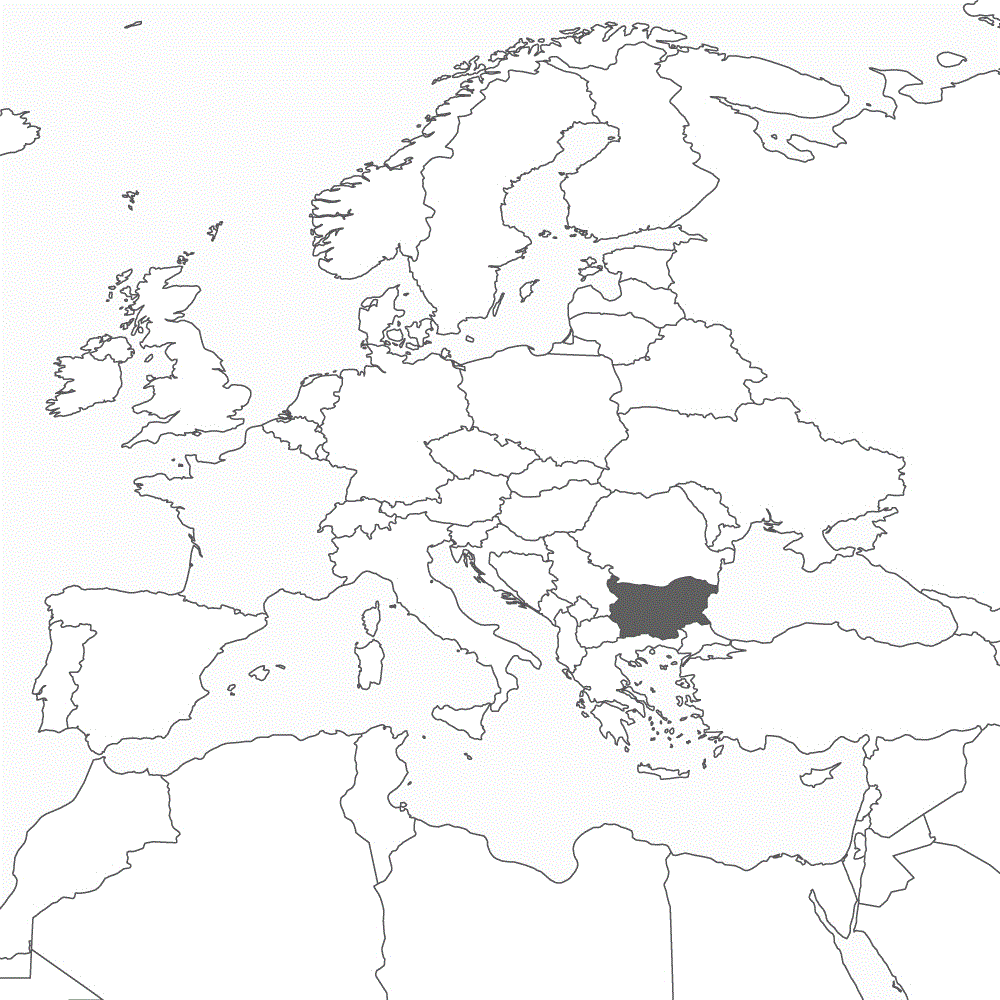Germany’s Traditional Partner (II)
Already since its independence, Bulgaria’s history has been closely linked to Germany’s. The country was allied to Berlin in both World War I and II.
BERLIN/SOFIA (Own report) – A party founded and formed in close cooperation with Germany’s CDU/CSU is leading in the run-up to next Sunday’ parliamentary elections in Bulgaria. The GERB party of former Prime Minister Boyko Borisov can expect up to a quarter of the votes. Currently GERB is, however, largely isolated due to corruption allegations. Bulgaria can look back on a long history of close collaboration with Germany, dating back to the era of the German Empire. Already at that time, the political as well as economic ties had been were very close. Bulgaria participated in World War I on the side of the Central Powers. After the war, leading Bulgarian military commanders and state representatives fled into exile in Germany. At the time, segments of the German right had praised Bulgarian politicians for their open resistance to the peace treaties (“Paris Dictate”). Soon, bilateral relations regained momentum, particularly mediated initially through the rapid restoration of German-Bulgarian economic relations, which also formed the basis for Bulgaria’s cooperation with the Nazi-Reich. Read more
The EU’s Credibility
Scholz’ visit to Southeast Europe: 19 years after EU accession promises for the region, still no tangible progress. Bulgaria names “cultural center” after Nazi collaborator.
SOFIA/SKOPJE/BERLIN (Own report) – Prior to the EU Commission’s decision whether to grant Ukraine the EU candidate status, the accession process in Southeast Europe remains bogged down. Over the weekend, Chancellor Olaf Scholz’ attempt, to persuade Bulgaria to lift its veto on the planned accession negotiation of North Macedonia, proved a failure. The Bulgarian government justifies its veto with ethnic claims, according to which, the population of North Macedonia belongs to the “Bulgarian peoples” without viable autonomy. Skopje must thus confess its “Bulgarianism.” Sofia has named a “Bulgarian Cultural Center” in the North Macedonian city of Bitola after a Nazi collaborator, who had led the fight for the Greater Bulgaria cause in collaboration with Nazi Germany. The fact that, 19 years after the EU’s formal promises of accession, not even the necessary negotiations have been initiated, has provoked great resentment in North Macedonia. Skopje says that the EU must realize, that not promises, but actions are what count. Read more
SOFIA/BRUSSELS/BERLIN (Own report) - Bulgaria exercises its EU Council presidency - which began January 1 - with Berlin's direct "counseling" and "assistance," according to reports of the CDU-affiliated Konrad Adenauer Foundation. The foundation has been engaged in activities in Sofia along these lines, and has delegated its former Chairman and ex-European Parliament President Hans-Gert Pöttering to serve as consultant in the Bulgarian capital. Since Bulgaria joined the EU on January 1, 2007, oligarchs have become the country's crucial power factor, controlling its fate, according to observers. Berlin easily tolerates this, because Prime Minister Boyko Borissov readily yields to German leadership, a former Bulgarian justice minister explained. The country, with its unrivalled starvation wages, serves as a production site for German businesses and as a reservoir to recruit skilled workers for Germany. Read more
GERMAN-FOREIGN-POLICY.com
Information on German Foreign Policy: News + Interviews + Analyses + Background
